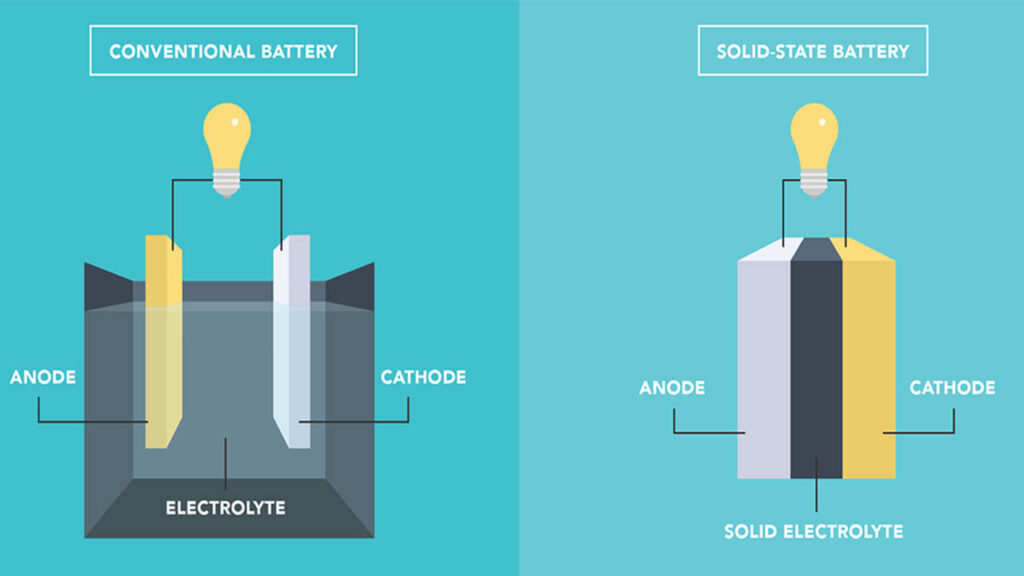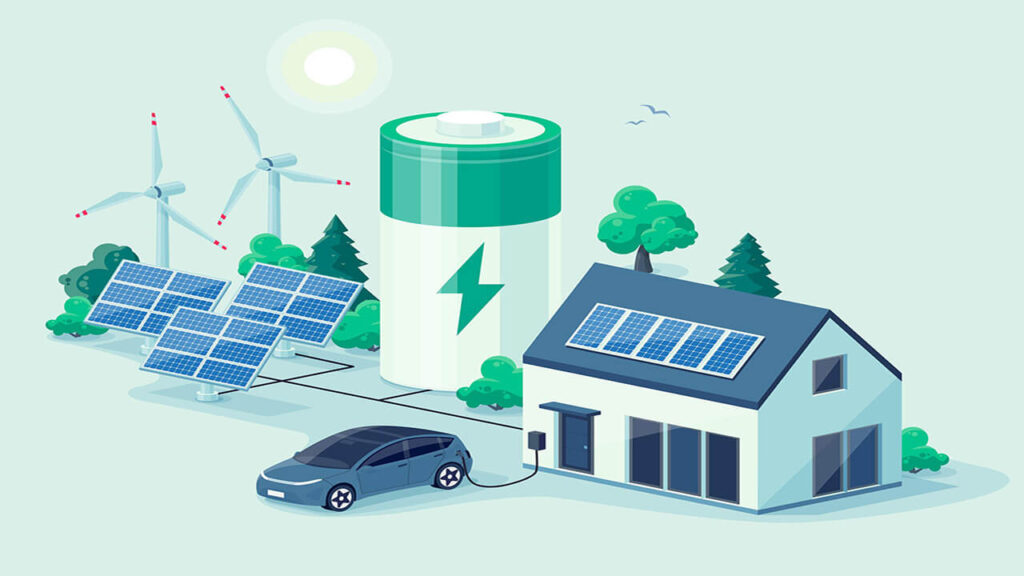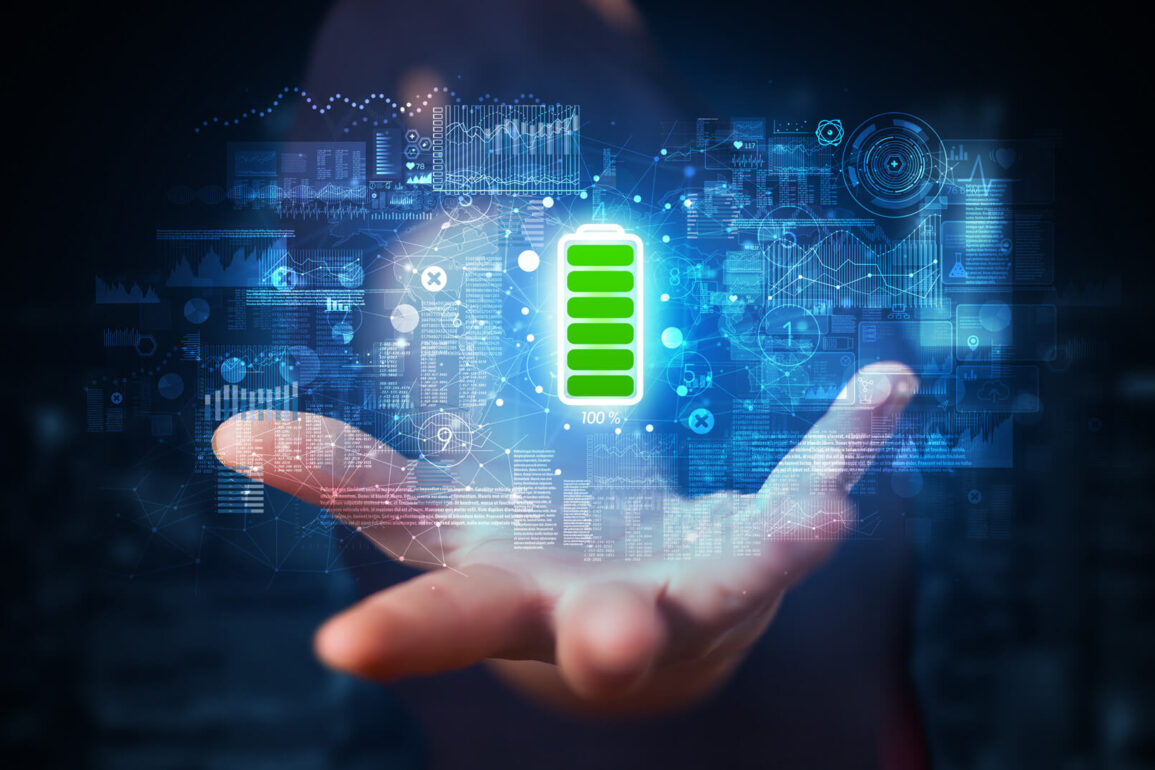In an era where technological advancements are reshaping every facet of our lives, the future of battery technology stands as a pivotal area of innovation. Batteries are the unsung heroes that power our devices, vehicles, and renewable energy systems. As demands for energy storage capacity, longevity, and environmental sustainability rise, researchers and engineers are diligently working on pushing the boundaries of battery technology. The intersection of renewable energy, electric vehicles, and portable electronics is paving the way for a revolution in how we store and utilize energy.
The Need for Evolution
The existing landscape of battery technology is dominated by lithium-ion batteries, which have proven to be efficient for many applications. However, as the world moves towards greener solutions and a more electrified future, there’s a growing demand for batteries that can store larger amounts of energy, charge faster, and have a longer lifespan. These advancements are crucial to overcoming the limitations of current battery technology.
Solid-State Batteries: The Game Changers

One of the most promising breakthroughs in battery technology is the development of solid-state batteries. Unlike conventional liquid electrolytes used in lithium-ion batteries, solid-state batteries use solid electrolytes. This design offers several advantages, including enhanced safety, higher energy density, and faster charging times. Solid-state batteries also exhibit improved thermal stability, reducing the risk of overheating or fire, which is a significant concern with traditional lithium-ion batteries.
Beyond Lithium: Alternative Materials
While lithium-ion batteries have been instrumental in powering various devices, the scarcity of lithium resources and concerns about environmental impact have driven researchers to explore alternative materials. Sodium-ion, potassium-ion, and magnesium-ion batteries are gaining attention as potential alternatives. These batteries leverage more abundant elements while aiming to achieve comparable performance to lithium-ion batteries.
Wireless Charging and Energy Harvesting
The future of battery technology isn’t limited to just improved energy storage. Wireless charging and energy harvesting technologies are also on the rise. Imagine a world where your smartphone charges automatically when placed on a specific surface, or wearable devices harness energy from your body’s movements to power themselves. These innovations could redefine the way we think about recharging our devices.
Environmental Sustainability

As climate change concerns continue to grow, the environmental impact of battery production and disposal cannot be overlooked. Sustainable battery technologies are emerging as a priority, focusing on using eco-friendly materials, reducing manufacturing emissions, and enabling efficient recycling processes. This shift towards sustainability aligns with global efforts to reduce carbon footprints and promote a circular economy.
Applications Beyond Electronics: Electric Mobility and Grid Storage
The electrification of transportation is gaining momentum, with electric vehicles (EVs) becoming more mainstream. This shift necessitates advancements in battery technology to extend driving ranges, reduce charging times, and enhance overall vehicle performance. Similarly, grid energy storage systems are crucial for stabilizing renewable energy sources, like solar and wind, by storing excess energy for use during periods of low generation.
Challenges and Considerations
While the future of battery technology holds immense promise, there are challenges that must be addressed. Manufacturing processes need to be refined to accommodate the production of new battery types at scale. Additionally, the integration of these advanced batteries into existing infrastructure and devices requires careful planning and adaptation.
Conclusion
The future of battery technology is a tapestry woven with innovation, sustainability, and limitless possibilities. From solid-state batteries to alternative materials and wireless charging, each advancement brings us closer to a world powered by efficient, safe, and environmentally conscious energy storage solutions. As researchers, engineers, and industries collaborate to overcome challenges and seize opportunities, the transformation of battery technology will shape the way we live, work, and interact with the world around us. With each breakthrough, we inch closer to a future where energy is not just stored, but harnessed in ways we can’t yet fully imagine.

